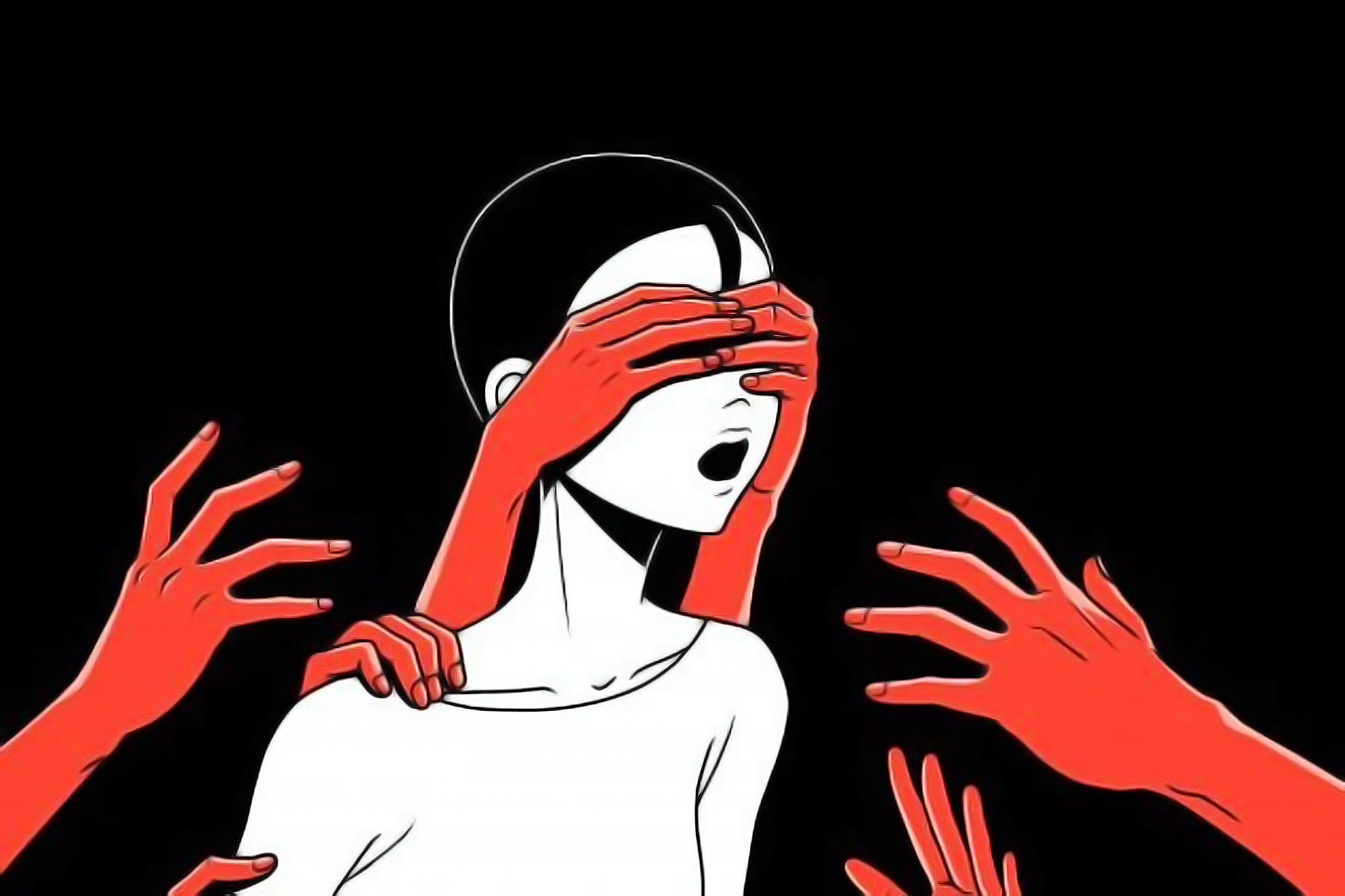
Originally published at Radis. Author: Richard Parker. Translated by SPW. Available at: https://radis.ensp.fiocruz.br/opiniao/pos-tudo/covid-19-e-a-producao-da-ignorancia/
The first year of the COVID-19 pandemic has taught us many lessons in the domain of public health. One of the most important, however, has perhaps received the least attention: the question of ignorance. Like knowledge, ignorance is a construction. Ignorance is not simply lack of knowledge. Rather, ignorance has been actively constructed and socially produced within specific political contexts and processes. Understanding the production of ignorance is essential for us to be able to confront it through the lenses of knowledge and information.
The importance of looking more critically at ignorance has been evident almost everywhere we have looked at during the first year of COVID-19 – especially, but not only, in Brazil. It is evident, for example, in the general lack of understanding about the basic mechanisms of infection of SARS-CoV-2. But it is also present in the confusion reigning in the social epidemiology of COVID-19 – especially with respect to how the pandemic affects distinct communities and populations based on class, race and ethnicity, gender, and other markers of social difference.
Ignorance is also visible in the troubled and traumatic ideological polarization around practices of prevention and health promotion as well as treatment options and alternatives. It can also be seen in the ways in which these debates create artificial smokescreens, which hide and mystify not only basic scientific information, but also the underlying relationships of capitalist production systems, commercial relationships and intellectual property rights, and political and economic structures that operate to disguise social inequities – which the pandemic might otherwise make obvious. It is also surprisingly vivid in the narrow discussion about vaccine products and policies, access issues, and global inequities, which make prevailing claims about the effective governance of global health seem almost comical, if they were not so tragic.
The challenge of addressing the extent and dimensions of ignorance regarding this pandemic is made all the more difficult because historically the field of collective health has paid little attention to the production of ignorance. This is especially ironic because this is a field that faced significant levels of ignorance throughout its history, yet perhaps because the demands of implementing programs and addressing health emergencies have been so great, we have done little in terms of seeking to understand the factors and forces that underlie the production of ignorance.
The sheer size of ignorance everywhere regarding COVID-19 – along with the almost obscene contributions coming from politicians, policy makers, and opinion leaders – requires us to take a step back and develop a more careful critical analysis of the challenges we face in this age of ignorance. This must be done, even if this may appear like opening up a new area for investigation without the conceptual and theoretical tools that could help us adequately advance this project.
Fortunately, we don’t have to start from scratch. There is a history of research on ignorance in other fields and areas that is relevant for observing the forms of ignorance that are currently present in the field of collective health. I think it is possible to highlight three key issues, which are especially useful for understanding the different dimensions of ignorance that COVID-19 seems to have uncovered. I want, in fact, to argue that the pandemic has triggered and stimulated what we can describe as: (1) the social construction of ignorance; (2) the critical epistemology of ignorance; and (3) the use of ignorance for strategic purposes.
Social and political forces and economic interests have actively construed ignorance in highly complex ways, and this is done in very specific social and cultural contexts in ways that demarcate this mode of social construction of ignorance. There are also complex social and cultural processes of exclusion that underlie the social epidemiology of COVID-19 and encourage us to reflect on the role that ignorance plays in shaping the pandemic. This helps us to understand, for example, why such ignorance seems so difficult to dislodge by what we believe to be “correct” scientific knowledge, as well as why uncritical pedagogies cannot provide effective responses to the pandemic.
And finally, we must investigate the use of ignorance for strategic purposes, which may demonstrate that that claims of ignorance are used to justify why politicians or managers take (otherwise questionable) positions on the pandemic, as well as serious flaws of governance processes in fields such as economic policy, sustainable development and climate change, and global health.
All these dynamics related to how ignorance is produced may give us a better map to charter some of the greatest barriers we have been facing in relation to the urgent need to organize concrete and feasible plans to ensure access to COVID-19 vaccines for the majority of populations in poorer countries – as well as the production and promotion of drugs and treatments irresponsibly promoted by political leaders and public administrators in many countries.
*Richard Parker is Director-President of the Brazilian Interdisciplinary AIDS Association (ABIA) and senior visiting professor at IESC/UFRJ
